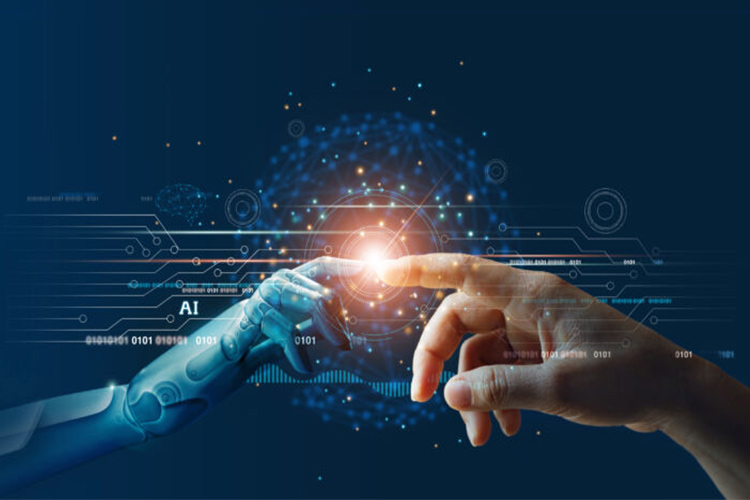

The group will focus on physical and digital interfaces between humans and machines and machine learning fundamentals among others
July 25, 2023 | Staff Reporter | Singapore | Proptech

Singapore MIT-Alliance for Research and Technology (Smart) has launched an interdisciplinary research group (IRG) aimed at tackling key social and institutional challenges around the rise of AI and new technologies. Called ‘Mens, Manus and Machina – How AI Empowers People, Institutions and the City in Singapore’ (M3S), the five-year endeavour is supported by a multi-million-dollar grant from the National Research Foundation (NRF) under its Campus for Research Excellence And Technological Enterprise (Create) programme.
The project aligns with Singapore’s Smart Nation initiative and the National AI Strategy and is also part of Smart’s commitment to foster collaborative research in Singapore that generates positive impact for society. It will bring together a diverse team of 17 professors from the Massachusetts Institute of Technology (MIT) and Singapore and will also draw expertise from local researchers from Singapore Management University (SMU), Singapore University of Technology and Design (SUTD), the National University of Singapore (NUS), and the National Robotics Programme (NRP).
Often regarded as one of the world’s smartest cities, Singapore’s integration of AI, automation, and robotics has been facilitated by strategic use of data analytics, IoT technologies, and smart infrastructure. Amid the rise of AI and machine learning, Smart M3S will contribute to Singapore’s AI ecosystem by focusing on the human-machine relationship, enhancing existing AI initiatives in the city-state.
Inspired by MIT’s motto of mens et manus (mind and hand), M3S reflects the research group’s ideals to promote AI and machine use for practical application; technologies that are extensions of humans and augment their lives. In what claims to be a world-first, Smart M3S integrates research into robotics and AI with human capital development, economic growth, and public acceptability. It describes it as an “intersectional approach” to the ongoing transformation of how we work and live.
Tackling key issues
The group will seek to tackle key issues such as physical and digital interfaces between humans and machines, machine learning fundamentals, and understanding the implications of AI for human and social capital development. Other issues of focus include work on structuring human-machine teams within organisations and the developing dynamics between humans and machines in resource allocation and manpower (as well as machine-power) management.
Through interdisciplinary research, knowledge sharing, and collaboration, Smart M3S aims to redefine the boundaries of AI, automation, and robotics to scientific, societal and commercial impact. The work at M3S will explore the intricate interplay between human capabilities, emerging technologies, and societal structures, paving the way for designing inclusive, resilient, and innovative solutions that empower individuals, institutions, and urban areas in Singapore. By collaborating with Singaporean partners, Smart M3S aims to enhance Singapore’s ability to create forward-looking AI policies, invigorate Singapore’s economic standing within AI, and support local workforce training and mentorship on AI topics.
“As a species, humans have spent eons learning how to work effectively with each other but, at the scale of human history, we are still neophytes to computation and automation,” said Professor Jinhua Zhao, professor at MIT and lead principal investigator at Smart M3S. “We will focus on two questions at M3S: How will we design AI and Robotics technologies and train humans to build the skills and habits necessary for success in a robotics-heavy work environment? How will we adapt our social and business institutions to create the incentives and protections necessary to drive innovation and social welfare?”